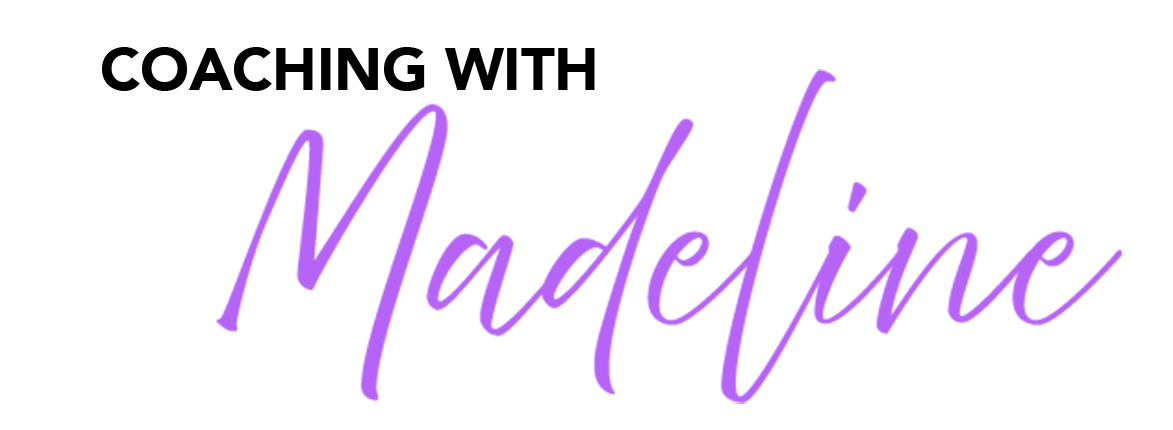Workplace norms often create tension between authenticity, office etiquette, and professionalism. On a recent episode of The Modern Manager podcast, we discussed the perception that Gen Z lacks professionalism. I argued that, having entered the workforce remotely, Gen Z missed the in-person experiences where prior generations refined professional skills. This raised a critical question: what do we mean by “professionalism”?
There have been reports of companies hiring etiquette coaches to teach its young workers “office etiquette” but I think this miss the marks and shows that organizations are conflating appearance and language with the fundamental attributes needed to be valuable employee and team member. I call this the difference between “office etiquette” and “professionalism”.
I often emphasize authenticity—aligning with values to show up with purpose and confidence. But when authenticity challenges traditional “professional” standards—often rooted in gender, race, or age differences—it creates friction. Can we reconcile both without conflict?
Outdated Standards Need To Be Reviewed
Professionalism originated from norms in a corporate workplace built by white men to reflect their values and embodied ideas of appropriate etiquette as defined by their interests and needs. While some practices have adapted—like relaxed dress codes and remote work—many expectations still reflect an outdated status quo. Leaders often define professionalism through the lens of their own identity and experiences, forcing younger employees to conform or risk exclusion.
Different industries also shape these expectations. Law and finance remain conservative, while marketing and tech are more flexible. But in roles that cross over these industries, such as a lawyer in the music industry, young professionals face a dilemma: should they embody the conventional lawyer archetype or connect authentically with their clients? As industries skew younger, I believe authenticity will become the preferred approach, and companies must evolve to embrace new norms in office etiquette.
Redefining Professionalism for Today’s Modern Workplace
To shift away from existing rigid standards, I propose dropping the focus on office etiquette and instead focusing on professionalism, by tying professionalism to leadership qualities—behaviors that build trust, psychological safety, and influence.
Professionalism should reflect competence, integrity, and respect, not man made beliefs and expectations around etiquette. Here are my five core attributes of professionalism:
- Competence: Demonstrating the skills and knowledge to excel in your role.
- Reliability: Following through on commitments and managing expectations.
- Respect: Treating colleagues fairly and communicating proactively, especially about attendance and punctuality.
- Accountability: Owning mistakes and striving for improvement.
- Communication: Expressing ideas clearly while listening actively and managing conflicts effectively.
Separating Etiquette from Professionalism
Following company policies and moral standards—matters, but it belongs in the realm of corporate etiquette. And etiquette is the area that can and should evolve when we consider it as separate from the components of professionalism I outline above.
Companies should focus less on controlling appearances and language and more on behaviors that demonstrate competence and respect for others time and business needs. Employees shouldn’t need to alter their personalities or values to fit in, as long as their actions align with professional standards.
Reframing professionalism this way promotes individual responsibility and nurtures healthy organizational culture, shifting the focus away from judgment to collaboration and trust.
Final Thought for Managers
What are you doing to help Gen Z staff embody professional behaviors? If your only response is to criticize how they look and talk, you’re missing the point—and the opportunity for growth and collaboration.

